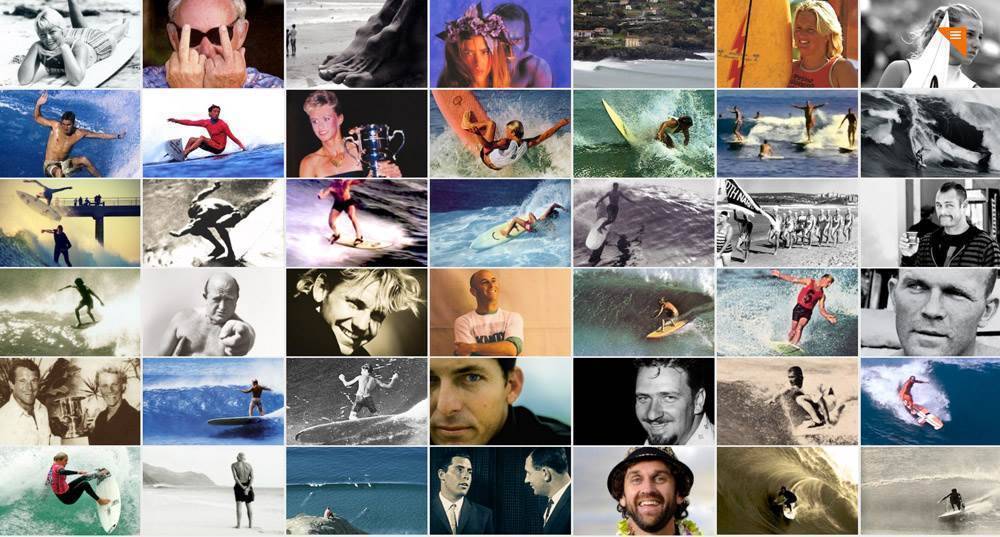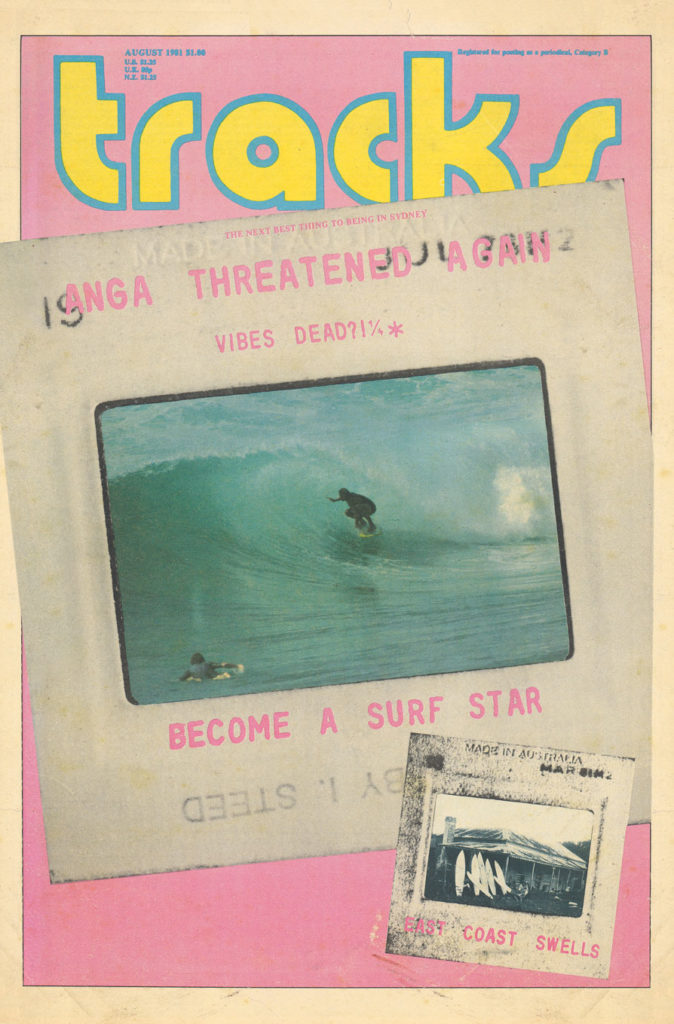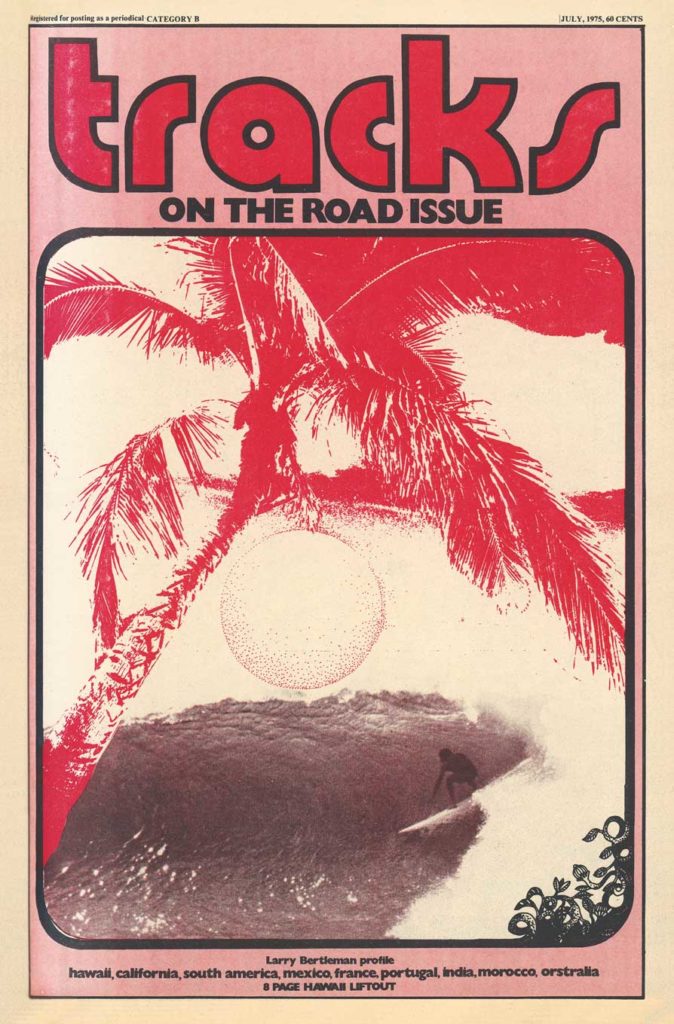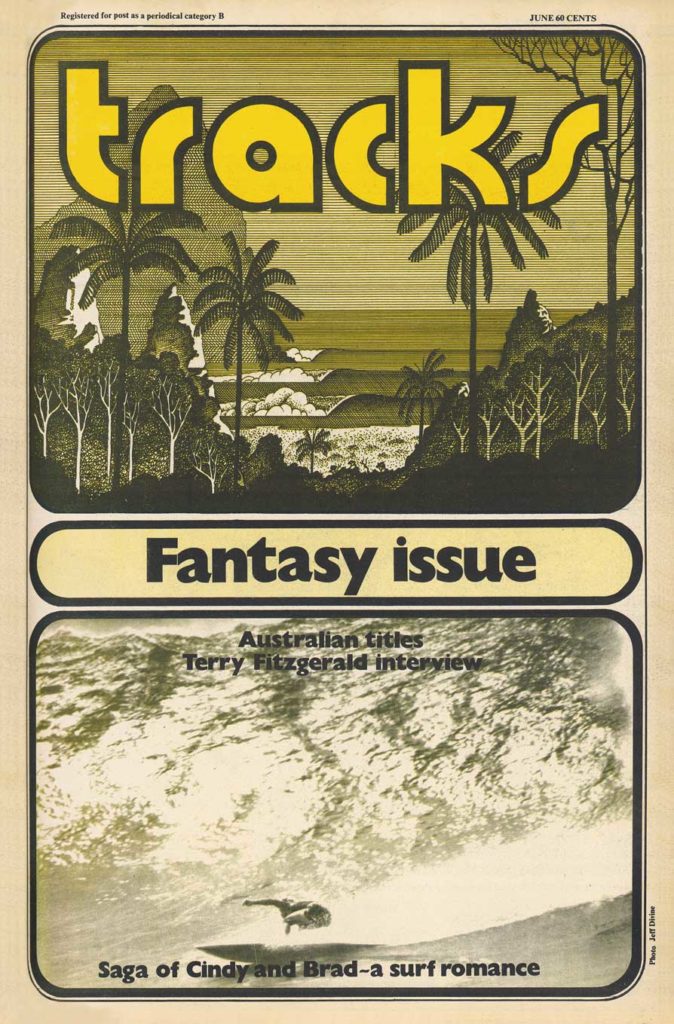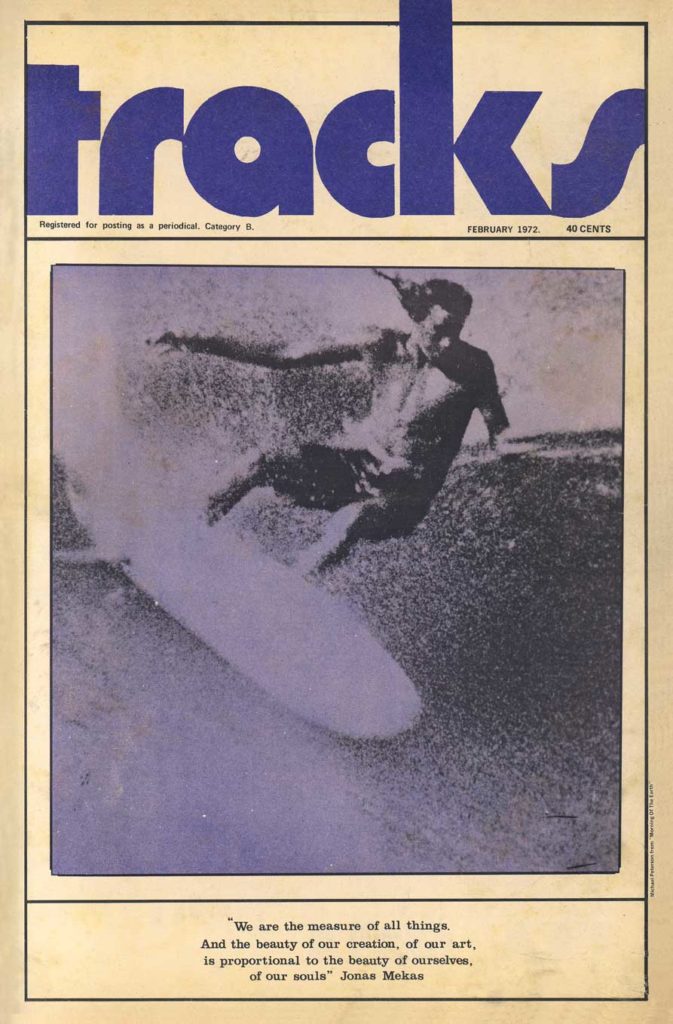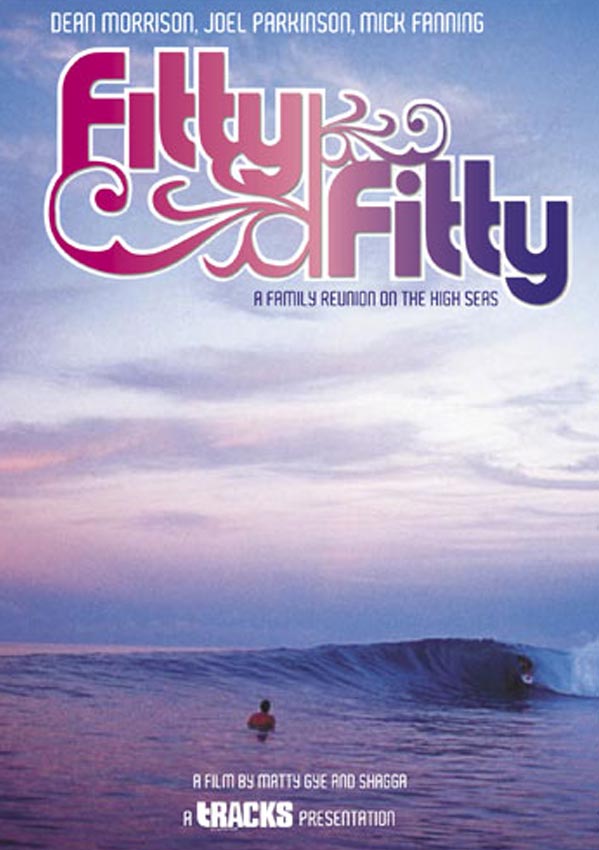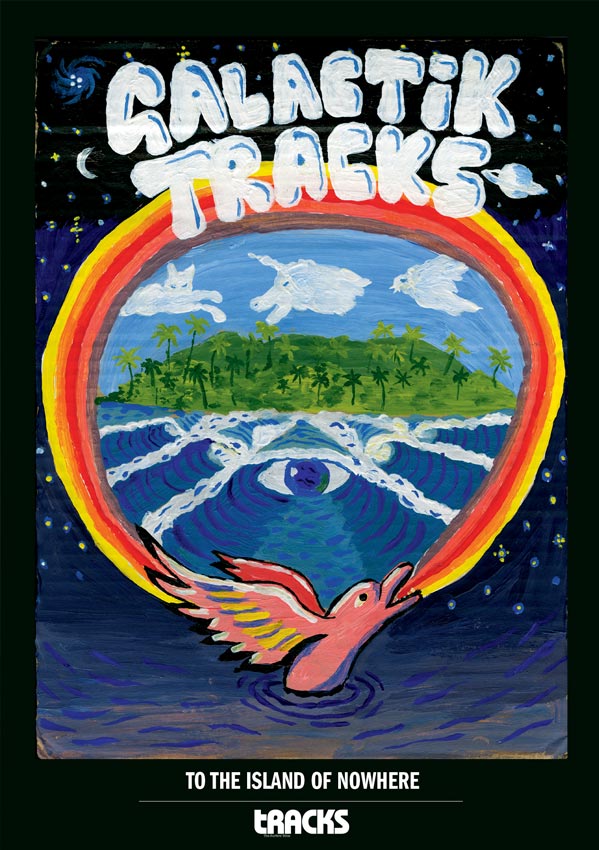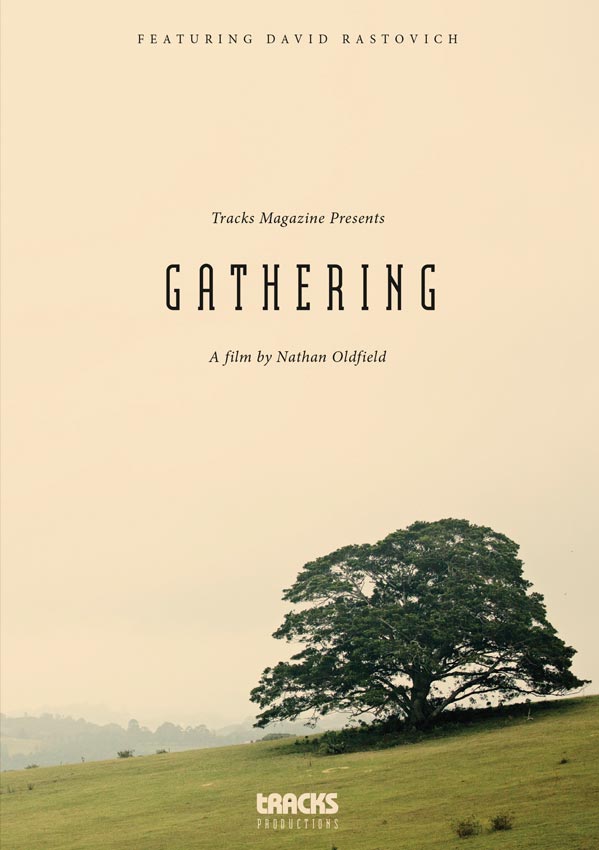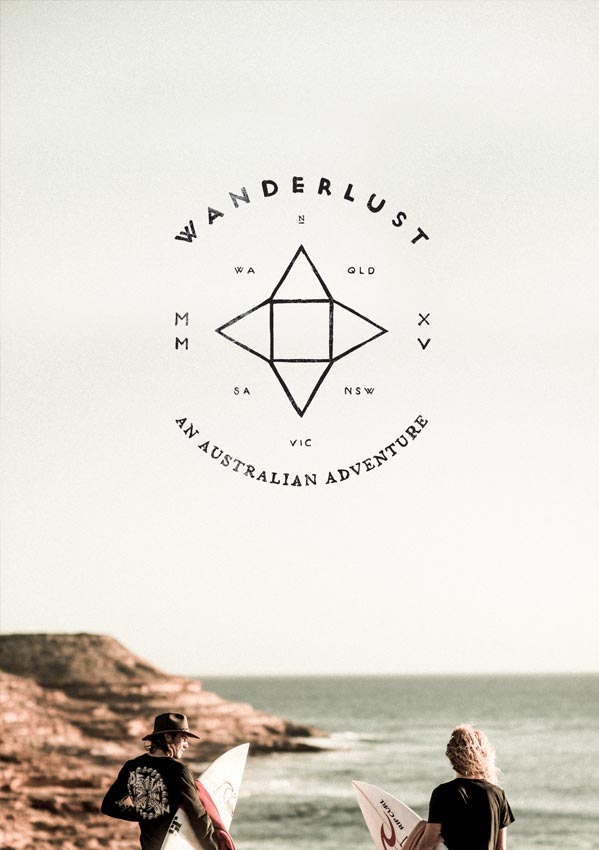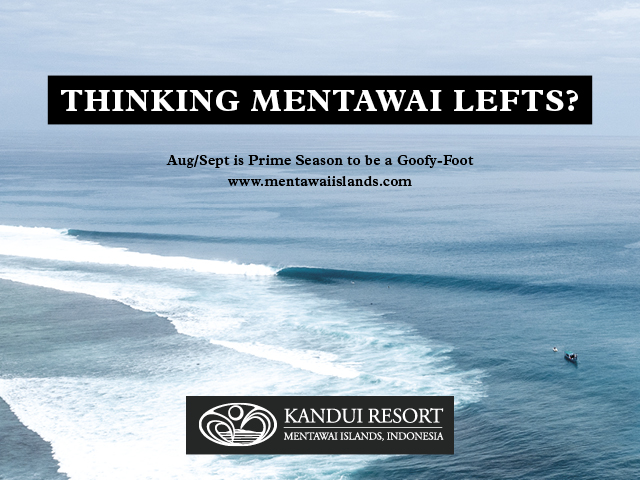On surf trips, during WSL webcasts and even around the dinner table of a surfing family, questions will arise. Who pioneered Pipeline? What year did Curren win his third world title? Where can I read about the enigmatic Michael Peterson and see footage of him winning the 1977 Stubbies?
Fortunately one historian has dedicated his life to ensuring that access to such curious enquiries is only a click away. Matt Warshaw, the man behind the Encyclopedia of Surfing grew up in LA in the 1960s and 1970s. Despite being ranked #46 in the world by 1982, he is self-deprecating when it comes to discussing his competition pedigree. “I was a shit pro surfer,” he suggests.
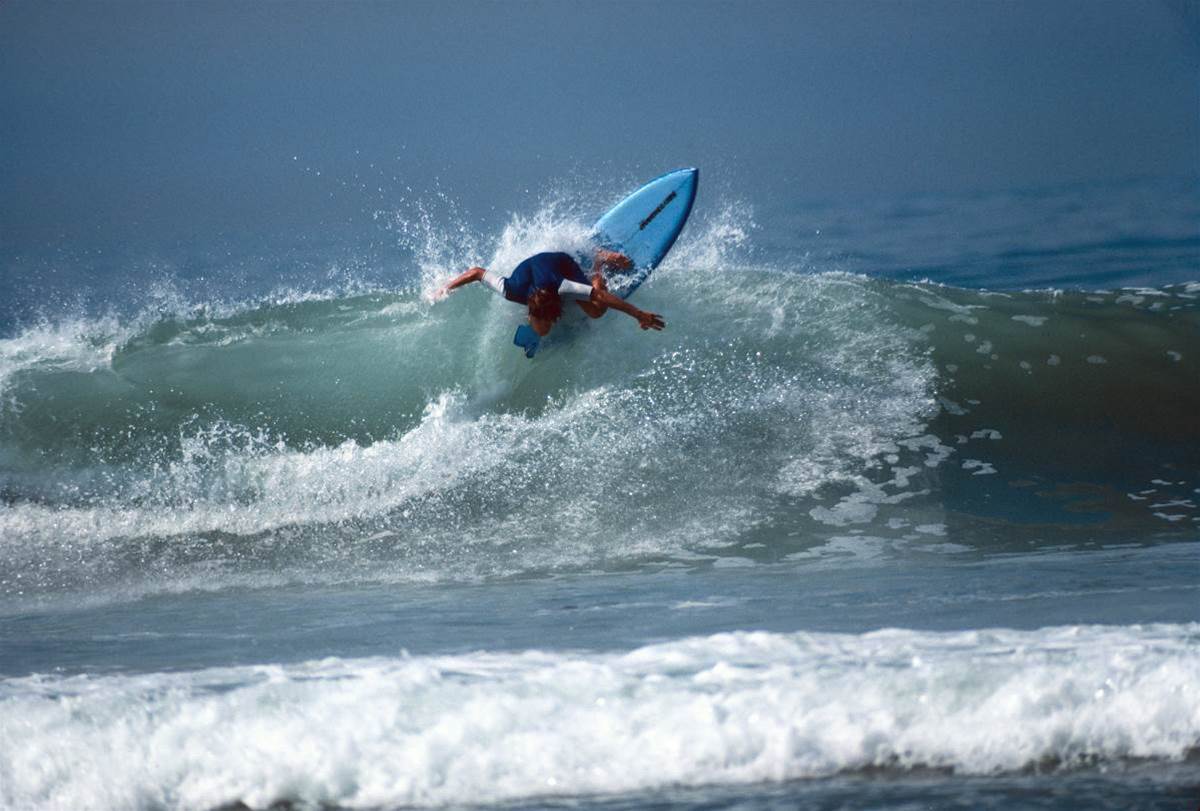
After reinventing himself as a surf writer, Warshaw went back to University and studied history. Success as a freelance journalist followed, but it was in the compilation of surfing history that he found his real calling. Since writing the hard copy versions of The Encyclopedia of Surfing (2003) and History of Surfing (2010) Warshaw has focused on his ever-expanding online versions of the two publications. More recently his Above the Roar site boasts an extensive collection of surfing’s best interviews.
Writing in a style that neatly weaves hard facts with colourful anecdotes and provocative opinions, Warshaw always presents an engaging version of surf history. His sites are also complemented by an extensive video and photo archive, which help make them a cool place to hang out in.

Without a well-documented history, surfing arguably loses the substance, which underpins the subculture. The Encyclopedia of Surfing and its affiliate sites are undeniably an invaluable resource for surfers. To continue improving and updating the sites, Warshaw is calling on readers to subscribe and pledge three bucks a month for what he suggests will be . . . “. Words by the million, video clips from here to Hollywood Boulevard, endless surf pix—22K on my hard drive and counting. No ads. No ads!”
Below, Matt discusses why he loves the gig he created for himself.
Why do we need a surfing encyclopaedia?
It isn’t essential. For millennia, we somehow managed without a surfing encyclopaedia or a surfing history. But if we agree, and I hope we do, that there is something of value in our collective past—stories, knowledge, entertainment—then you’d want a place to store that past, and you’d want be able to access it. So . . . encyclopedia website. And a history website.
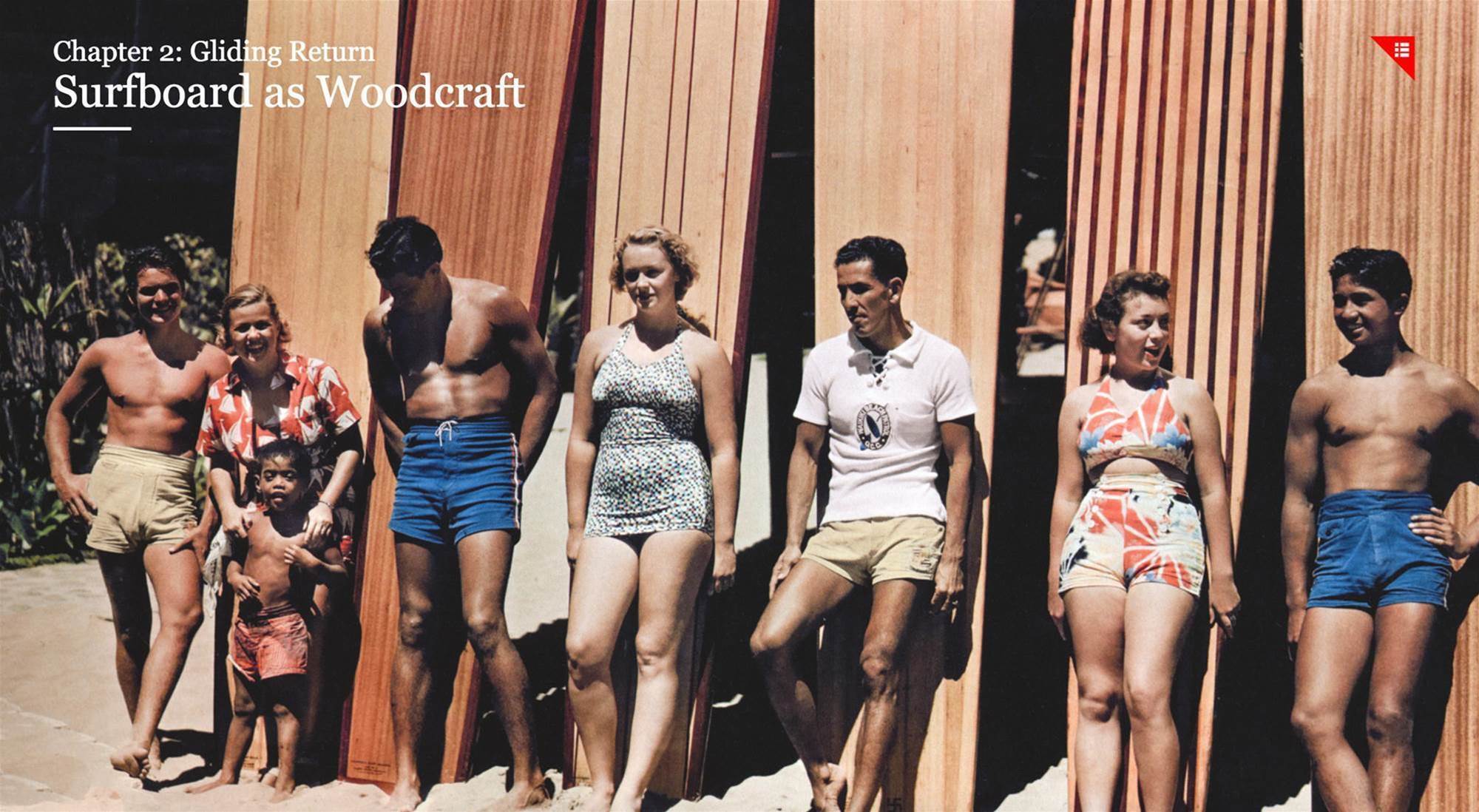
Does it help give us legitimacy as a subculture? Or at least some definite pillars upon which to base our subculture?
It does. We seek order, all of us, and again it’s not going to affect your day-to-day, but at some point you want to know who put a fin on a board for the first time, or what year MP was born, or if Pat Curren is related to Tom Curren, or if Dewey Weber really had webbed feet.
"Stomping on the Strand" from ENCYCLOPEDIA of SURFING on Vimeo.
Was there a light bulb, ‘I’m going to make an encyclopaedia moment’ or did you have a naturally enquiring mind and it just evolved.
I don’t have a naturally enquiring mind at all. But I do love a big project, the bigger the better, just cause the further I get into something, the more I develop little tricks and systems to make the thing work better and more efficiently. Or I’ll put it another way. Anything new, the smallest magazine article or household chore or a surf break I’ve never ridden—if it’s new to me, I kinda freeze up. Then the more I do it, the more relaxed I get, and I start seeing ways to do it better. The Encyclopedia began as a book in 2000. I’m 17 years into the project, and still finding ways to improve it, streamline it. I don’t know. Probably all I’m doing is self-soothing my OCD.
In pursuit of the truth do you ever fear you will destroy some of the mythology, which permeates surf culture? Or do you enjoy slaying the sacred cows?
Chop down a myth and replace it with a better, deeper, funnier truth. That’s not a mission statement, but it often works out that way.
What does the research involve?
A good part of my day is spent scanning old surf mag photos, converting VSH tapes to MP4s, key-wording surf movies. Just incredibly tedious and mundane shit, but necessary if you think that the stuff is worth saving. You digitize and catalogue those photos, cause if not gone forever. Some day, somewhere, somebody’s gonna want to see Water Slaughter and I’ve it covered.
"Dewey Weber Had Webbed Toes" from ENCYCLOPEDIA of SURFING on Vimeo.
Are there certain unresolved cases that keep you up at night? Ongoing research projects?
Gabe Medina’s stigmata wounds after the Glenn Hall interference call at Snapper in 2015—we need to look further into that.
Any examples of where you have perhaps uncovered some uncomfortable truths? Any heat from surfers or the like?
Reno Abellira, my childhood hero, unloaded on me recently. That hurt. But no, as a rule, surfers who turn up in either the Encyclopedia or History are incredibly appreciative that the projects exist. They built the sport. They created a culture. Their achievements deserve recognition.
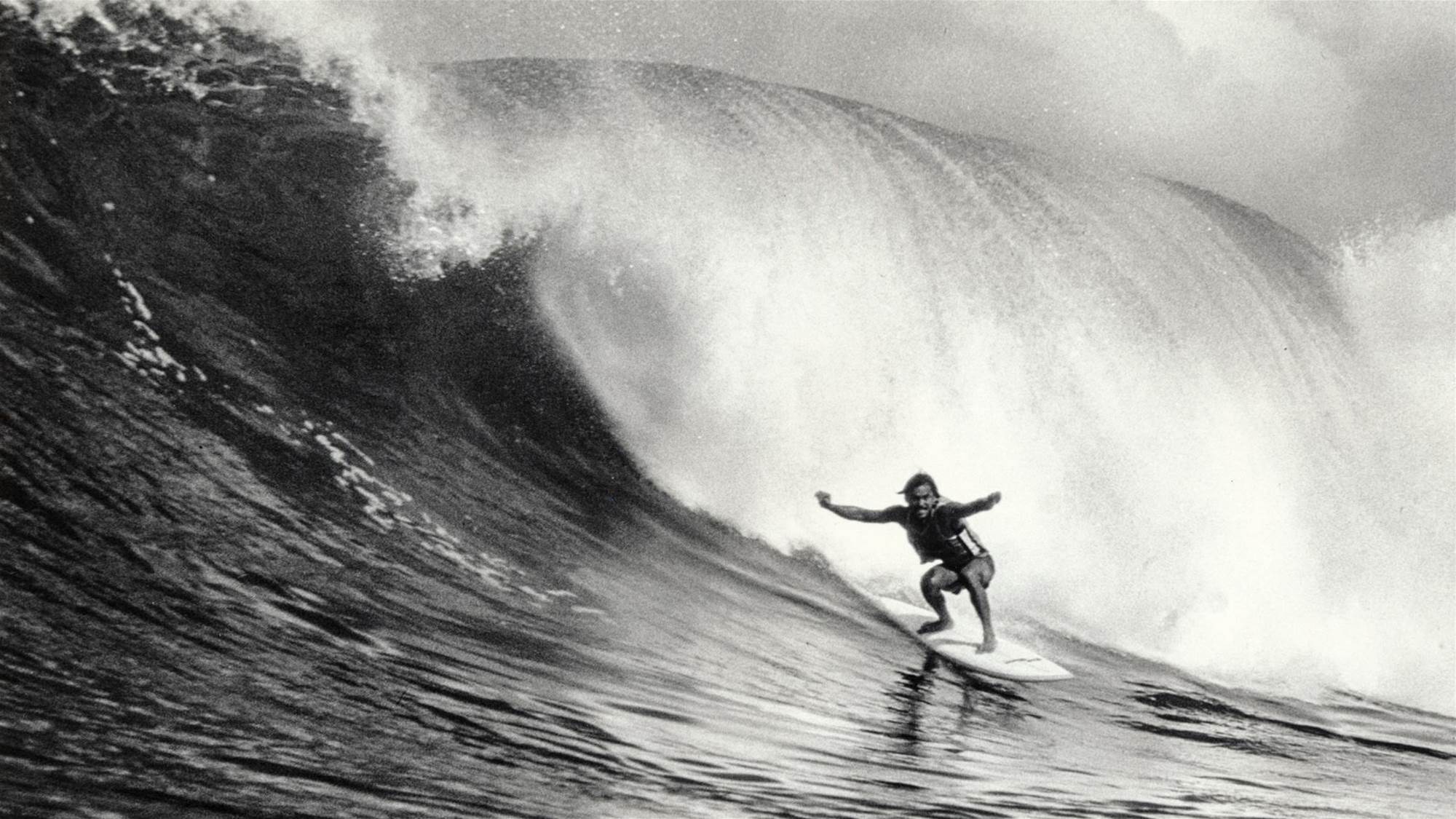
What remains some of surfing’s most contentious issues?
Wavepools, Pro surfing, Jack Robinson’s bangs, in that order.
What’s fun about the Aus’ research? Got a favourite Australian or Down Under moment?
The speed with which Aussie surfers went from toothpick-riding lifeguards, to world-beaters. Six short years. In ’56, the Aussies are total surf-rubes. In ’62 Midget wins the Makaha contest, and it’s lights out, here are your new high performance surfing kings, now and forever.
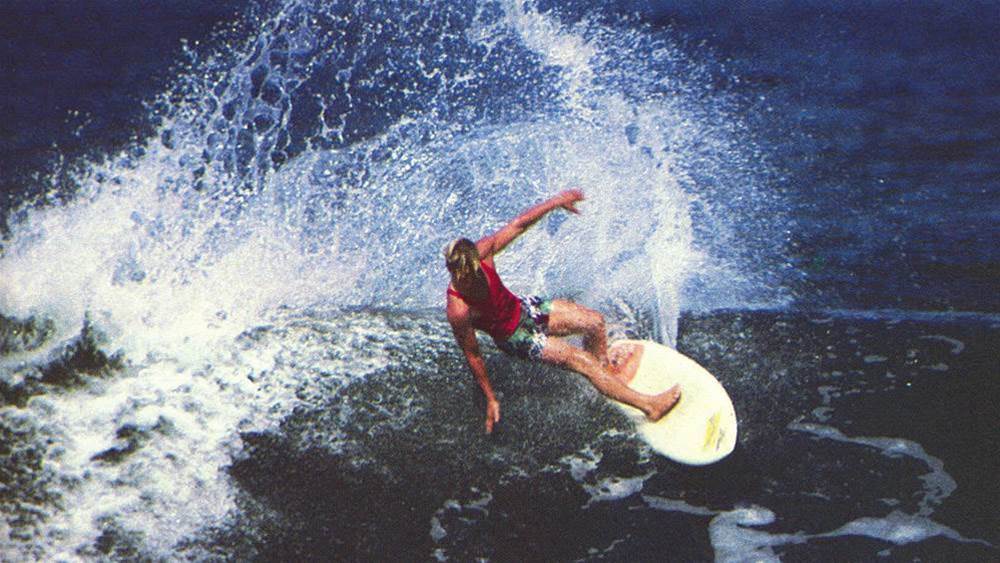
Surfing has a rich tapestry of compelling characters. Is this part of the attraction? Who are some of your favourite individuals to write about?
Dale Velzy is my favourite. Surfer, shaper, cowboy, biker. Half-pint of whisky in his pocket, always. Ladies man for the ages. A good-looking mom walks into Velzy’s shop to buy a board for her kid for Christmas, she’s eyeballing one in the racks, Dale walks up, touch her elbow, lean close and says, “This here’s a good-riding son of a bitch, ma’am.” Biggest boardmaker in America in the mid-‘50s. Never paid his taxes and the whole operation blew up. The Velzy stories are endless, and as far as I know all true.
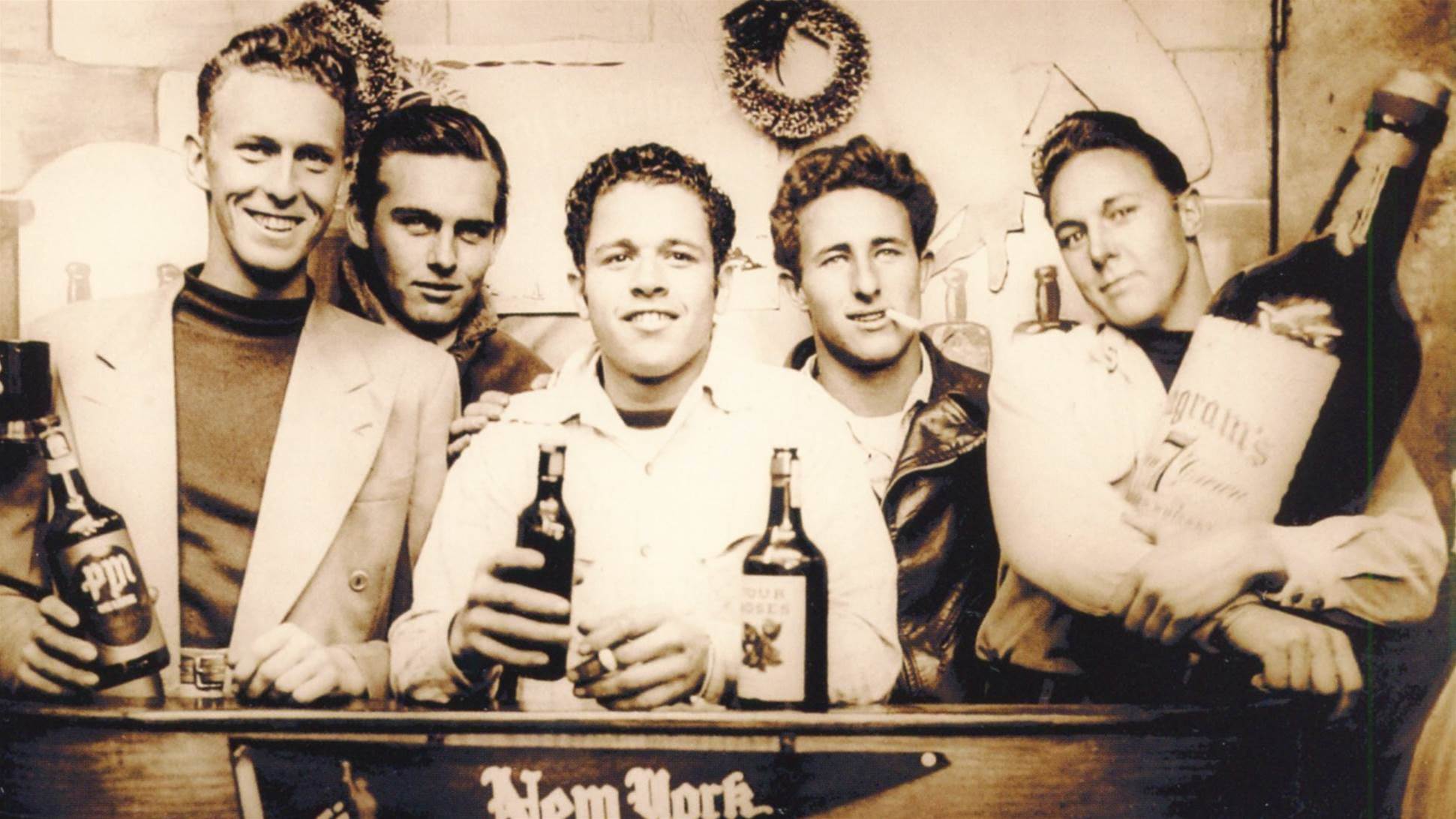
Often you delve into character assessment as well as documentation of someone’s contribution to surfing. For example, Laird Hamilton is discussed in the following way… “Usually described as "focused" and "intense," Hamilton was less generously labeled as an "egomaniac" by a number of surfing acquaintances and as "smug" by the surf press. Billy Hamilton said his son was at times "mean, arrogant and gnarly."
Do you feel it’s important to capture the way someone is perceived? I guess without the colourful subjectivity employed in a surf-site comments section.
Drain the color out of surfing, and it’s not surfing. The decision to use those kinds of comments, in small doses, was made before I wrote the first entry.
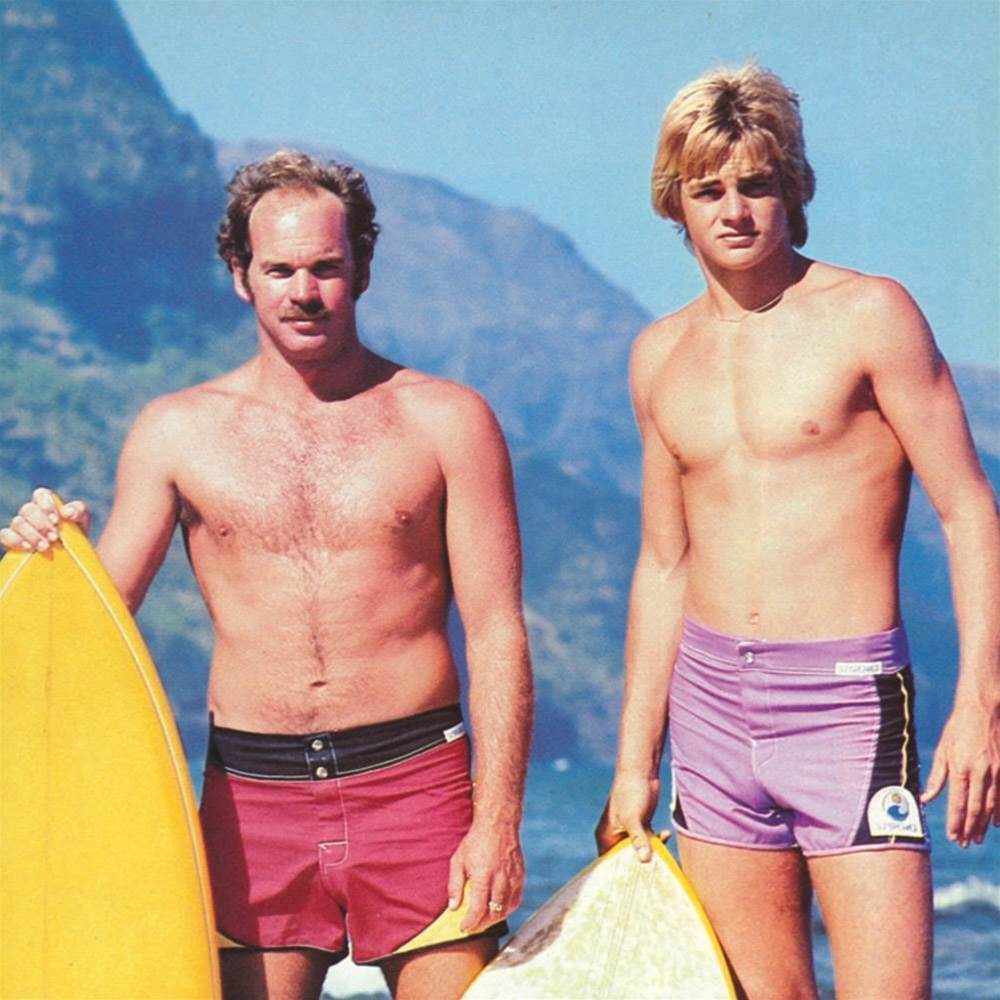
What constitutes who or what makes an entry into the Encyclopedia of Surfing? Is there a capricious quality to your entries?
For the book, I spread it out as best I could in terms of gender, geography, era, occupation. For the website, a lot of what is or is not included has to do with, Do I have the images, and do I have the information? But yeah, there is a capricious quality to the whole thing, no doubt. The project is never going to be finished. It will always be a work in progress. I’m a one-man show, and the to-do list only ever gets longer. I still try and spread things out, but if this entry is going to take three days to build, and that one’s going to take three hours, I’ll almost always go with the easier one.
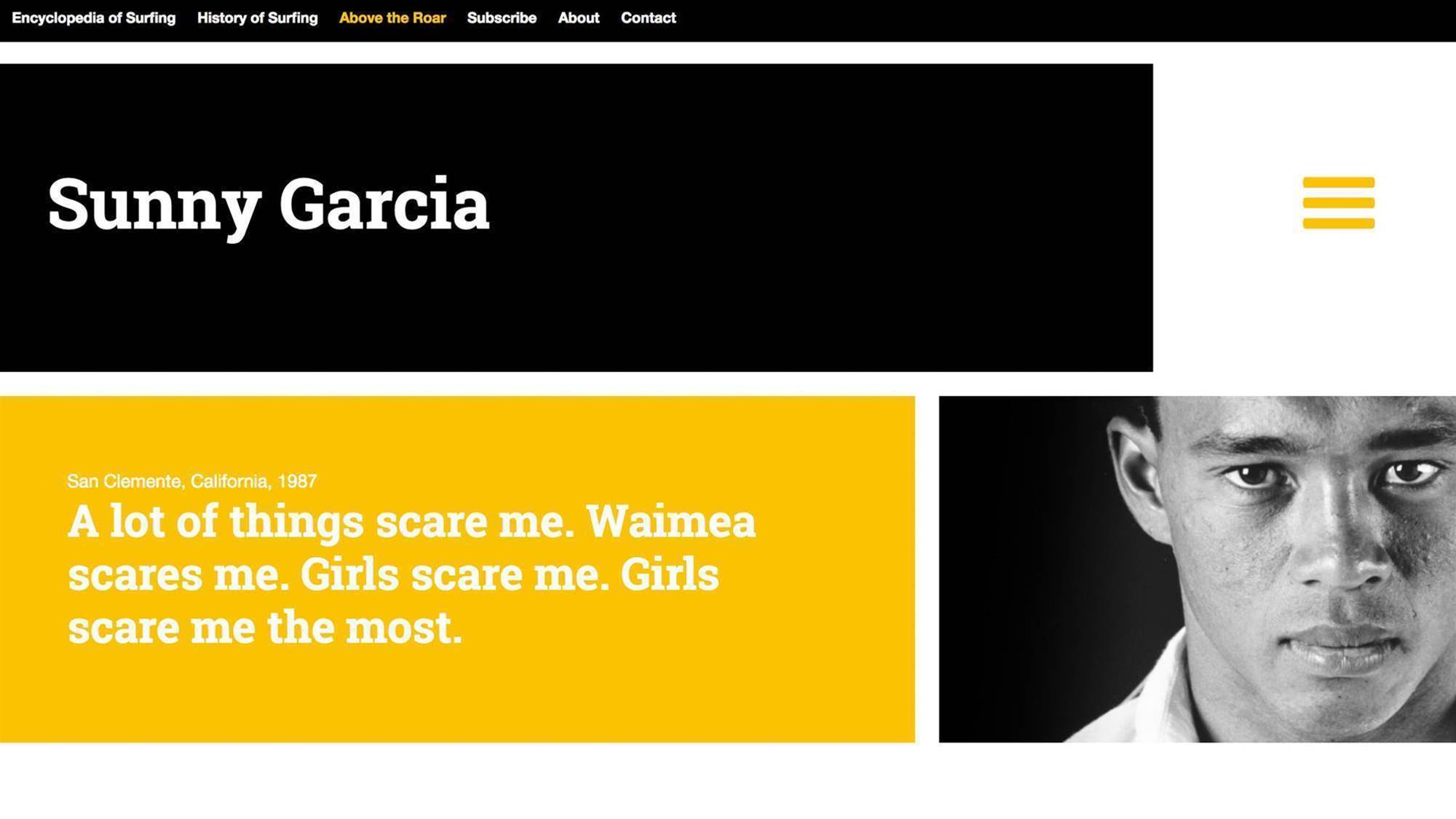 Surf writing often lends itself to a looser more creative approach, but ‘Encyclopaedia’ implies a drier tone. How do you tread the line between academia, opinion and entertainment?
Surf writing often lends itself to a looser more creative approach, but ‘Encyclopaedia’ implies a drier tone. How do you tread the line between academia, opinion and entertainment? Yes, I think about this all the time. At its core, Encyclopedia and History are both reference tools. Ninety-something-percent of the sites are straight-up research-based writing. But to get people to visit—and because I do have opinions, and because I also want to entertain—in the blog posts I will gladly dance and clown and opine. Not being constricted to any single voice is the best thing about working in 2017.
Your site spans decades. Is it hard to be in the 1930s one day and then the new millennium the next?
No. Again, like I say above, jumping around from decade to decade feels good, keeps it interesting.
"The One-Mile Wave" from ENCYCLOPEDIA of SURFING on Vimeo.
Got a favourite decade you like to hang out in?
Late ‘40s and ‘50s. The war is over, the Depression is over, the boards all of a sudden are light and foiled. Surfing Malibu, being among the first guys to lay down bottom turns and cutbacks, clean water, no traffic, no crowded lineups . . . . Set the dial for 1951, and off I go.
Still getting in the water? What does a surf historian ride? Everything?
Rarely. My wife and son and I moved to Seattle in 2011, and my life as a hardcore surfer was done. By choice. I surfed almost daily for 40 years, had a kid really late (I was 49), and it was time to move on. I can only ever do two things well at a time. Surfing had to go. I’m a husband and father, I work on my websites, and that’s it. I’ve never been happier. I surf a few times a year, when I’m visiting California. I can’t or won’t ride longboards or funboards or fish. Each year I’m a bigger kook than the year before, yet I continue to ride a standard tri-fin. If the planets align, I can still bash a lip or tuck into a tube section. And it feels so good. My standards have dropped through the floor, and it doesn’t take much these days to convince myself I still have the old animal prowess. A completed three-stage cutback and I’m done, gone, up the beach, smiling.

